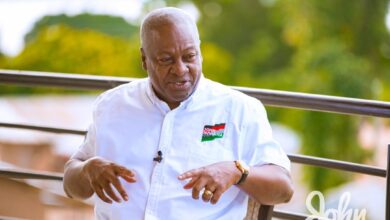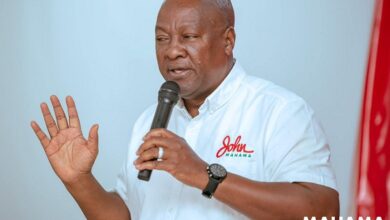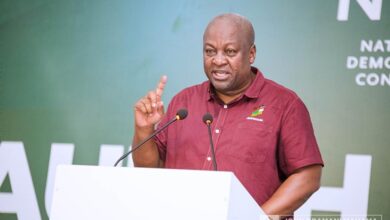
In 2011, Ghana passed the renewable energy act to anchor other policy positions of the country on renewable energy. Key amongst them was a target of 10 percent renewable energy in the electricity generation mix of the country by 2020. However, this target period has been reviewed and extended to 2030.
Currently, the country depends largely on hydropower for electricity. However, energy experts believe the government can adopt other sources of power including solar and thermal energy to reduce the challenges on the generation of power in the country.
Ghana has an excess capacity of electricity generation which is a real challenge to the adoption of renewable technologies in the short to medium term. The government recently highlighted some of the financial challenges facing the power sector and to a large extent the economy of Ghana, imposed largely by political actions and inactions.
The Vice President indicated in his presentation at the town hall meeting held in Accra on the 3rd of April, that the country is now paying about $24 million every month for excess capacity alone and that could rise to about $41 million every month by the end of this year when other generation systems mature.
Speaking to Citi Business News on the matter, Executive Director of ACEP, Benjamin Boakye said the government must encourage industry to explore the various types of renewable energy.
“There is a big opportunity for us — people think that solar energy cannot be used for industry and that is a lie. Electricity is measured in kilowatt, one kilowatt of energy is the same as whether it is generated from coal or nuclear or any other source of power. All you need to do is to retool how many panels you need to generate what industry needs. So it’s not about saying that solar cannot do it but it is about knowing how much solar power you will need to be able to power whatever industry you want to use it for,” he said.
Meanwhile, Director for Renewable and Nuclear Energy at the Ministry of Energy, Victor Ahiaktaku Togobo said the Ministry has put in place measures to ensure rural communities in the country obtain power from other renewable energy sources
“Renewable energy has a very important role to play in Ghana, the main renewable energy sources we have are hydro, biomass, solar, wind and tidal wave and there has been some modest effort in trying to take advantage of these resources.
For now the major drive is to use it to help us achieve universal access most of the very remote areas where it is difficult to extend the national grid it is very possible to install standalone or mini-grid renewable energy system so that our brothers in the very rural areas can also have access to some modern form of lighting in that regard,” he said.



